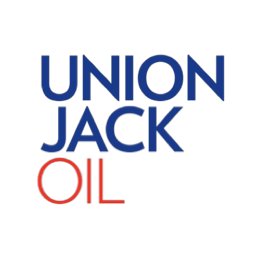Oil prices surged over 2% on Monday following a decision by OPEC+ to delay an increase in production plans by one month. This adjustment in output comes amid anticipation surrounding a significant week in global events, including the U.S. presidential election and an important political gathering in China.
At 0912 GMT, Brent crude had risen by $1.81 per barrel, or 2.5%, reaching $74.91, while U.S. West Texas Intermediate (WTI) crude increased by $1.86 per barrel, or 2.7%, to $71.35. OPEC+, a coalition that includes the Organisation of the Petroleum Exporting Countries along with Russia and other allies, announced on Sunday that it would continue with an existing production cut of 2.2 million barrels per day throughout December. This output cut, which was initially scheduled to be reduced in October, has been extended due to a combination of low prices and diminished demand.
Originally, OPEC+ had intended to raise output by 180,000 barrels per day in December. However, ongoing economic uncertainty has prompted the group to maintain a cautious approach. Giovanni Staunovo, an analyst at UBS, explained that OPEC+ is awaiting clearer indications of the economic impact of recent U.S. interest rate reductions and China’s fiscal and monetary policy adjustments. The group is also looking for clarity on the U.S. election results and how compensation adjustments will affect countries that have previously exceeded their production limits.
The current 2.2-million-barrel-per-day production cut by OPEC+ is set to be gradually phased out over the coming months. However, an additional 3.66 million barrels per day of production cuts will remain in effect until the end of 2025. Last week, both Brent and WTI saw price drops, with Brent declining around 4% and WTI roughly 3%, influenced by record-high U.S. output. Yet prices edged up on Friday after reports indicated Iran might soon retaliate against Israel.
In related geopolitical developments, Axios reported last Thursday that Israeli intelligence had information suggesting Iran could be preparing an attack on Israel from Iraq in the coming days. This report has heightened market anxiety ahead of the U.S. election, where Democratic Vice President Kamala Harris and Republican former President Donald Trump are reportedly in a close race. Additionally, there is considerable focus on the Federal Reserve’s upcoming interest rate decision, with expectations leaning towards a 25-basis-point rate cut on Thursday.
Market volatility in oil prices is expected to remain high this week, with analysts citing multiple uncertainties including potential Iranian responses to Israeli actions, the U.S. election outcomes, and key decisions from central banks. In China, the National People’s Congress’s Standing Committee is convening from Monday through Friday, with expectations that it will endorse further economic stimulus to address slowing growth, likely focusing primarily on managing local government debt.
OPEC+ has opted to delay output increases in response to economic and geopolitical uncertainty. With multiple influential events on the horizon, this week’s developments are set to play a pivotal role in the oil market’s trajectory.

